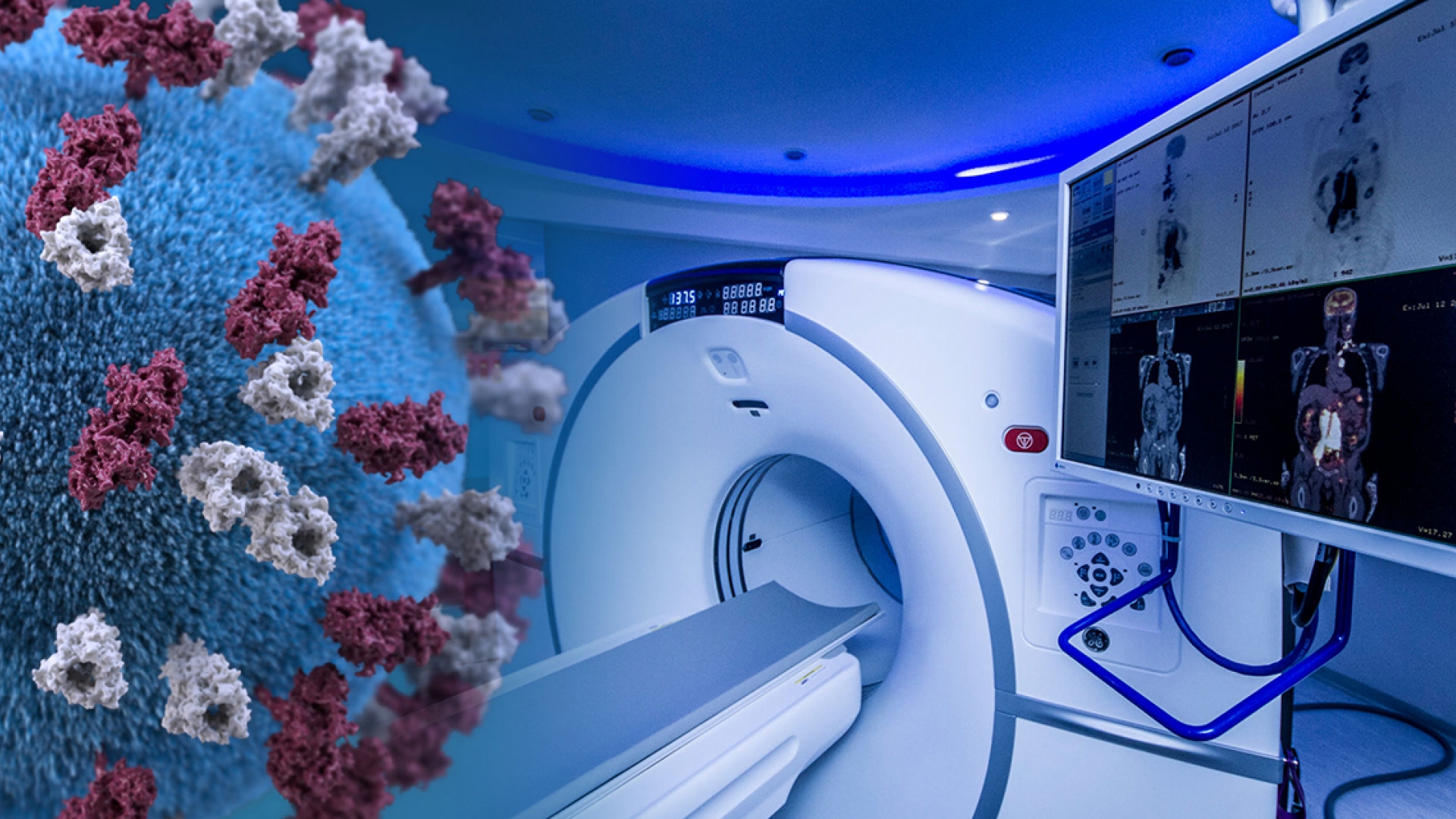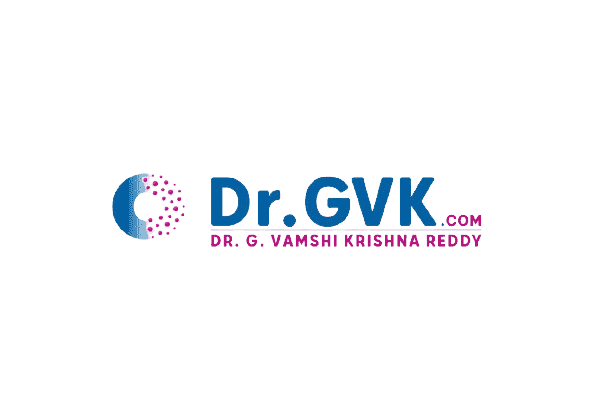Blog Details

Cancer patient management during the Covid-19 pandemic
As I think about writing this article during the third and probably last COVID wave, I cannot forget the guilt and helplessness I faced in my clinic today, about an elderly woman who presented with incurable breast cancer due to a delay in access to proper medical care during COVID lockdown.
She presented in April 2020 with a lump in her breast and was operated on by a surgeon near her village. She was suggested chemotherapy and radiation at a higher center, but she could not receive any further treatment because of the lockdown and restricted access to transport and accommodation.
Unfortunately, she now presented with breathlessness and was diagnosed to have metastases in her lungs. When I said she should have received chemotherapy and radiation after her surgery, she innocently asked me how could she come to the city during the lockdown. Unfortunately, she is one of the many cancer patients who are indirectly losing their lives to COVID-19 related treatment disruptions.
More than 1.3 million new patients are diagnosed with cancer and over 850,000 patients die of the disease annually in India. Data from 41 cancer centers across India, which between them treat one-third of the country’s cancer burden, show a substantial decline in the number of new registrations, follow-up visits, cancer surgeries, radiotherapy, and chemotherapy sessions during the peak of the lockdown.
Diagnostic delays and treatment interruptions are likely to contribute to stage migration and higher cancer-related mortality in the next few years, with the added burden this will impose on healthcare systems. Delays in cancer treatment are known to have a detrimental effect on cancer outcomes: every month’s delay in accessing or starting treatment was found to result in 6–8% increased mortality for patients requiring surgery and substantially increased mortality in those requiring radiotherapy and chemotherapy for specific indications.
Patients with cancer have a worse prognosis and mortality when infected with SARS-CoV-2 compared to otherwise healthy people, and thus belong to the high-risk populations that need to be protected from infection. This has created a dilemma when it comes to the continuation of cancer treatment in patients infected with SARS-CoV-2, as oncologists have to balance the risk of cancer progression with that of poorer post-COVID-19 outcomes. A systematic review has now shown that active cancer treatment is not associated with worse outcomes following COVID-19.
It became evident during the initial phase of the pandemic that most patients with cancer who contracted COVID-19 needed only a temporary deferral of their cancer therapy during the active symptomatic phase of SARS-CoV-2 infection, and in the vast majority of patients, treatment delays lasted only 2–3 weeks. Thus, treatment modifications may be necessary only in high-risk groups such as the elderly, and those with multiple comorbidities. Therefore, broad decisions on deferring cancer treatment due to the extenuating circumstances of the pandemic need to be weighed carefully against the consequences of such delays for the disease course and prognosis of each individual patient.
Currently, vaccination is the only proven intervention to reduce the risk of COVID-19 and its complications. Patients with cancer should be prioritized for vaccination to decrease the risks of immunosuppressive therapies. The problematic and protracted response to COVID-19 is a warning sign for governments across the world that health needs to be prioritized universally, and that access to healthcare should be a basic human right that cannot be compromised.
World Cancer Day is an international day marked on 4 February to raise awareness of cancer and to encourage its prevention, detection, and treatment. The theme for 2022 is “Close the care gap” campaign. Everyone deserves access to cancer care. That’s how we can begin to imagine a better way of doing things and to build a fairer vision of the future, a future where people live healthier lives and have better access to health and cancer services, no matter where they are born, grow, age, work or live.
Read This Blog on Times of IndiaWorld Class Expertise
Dedicated to providing you with the top notch, advanced, comprehensive & compassionate cancer care through innovative & advanced treatments.
Contact
Contact Us
